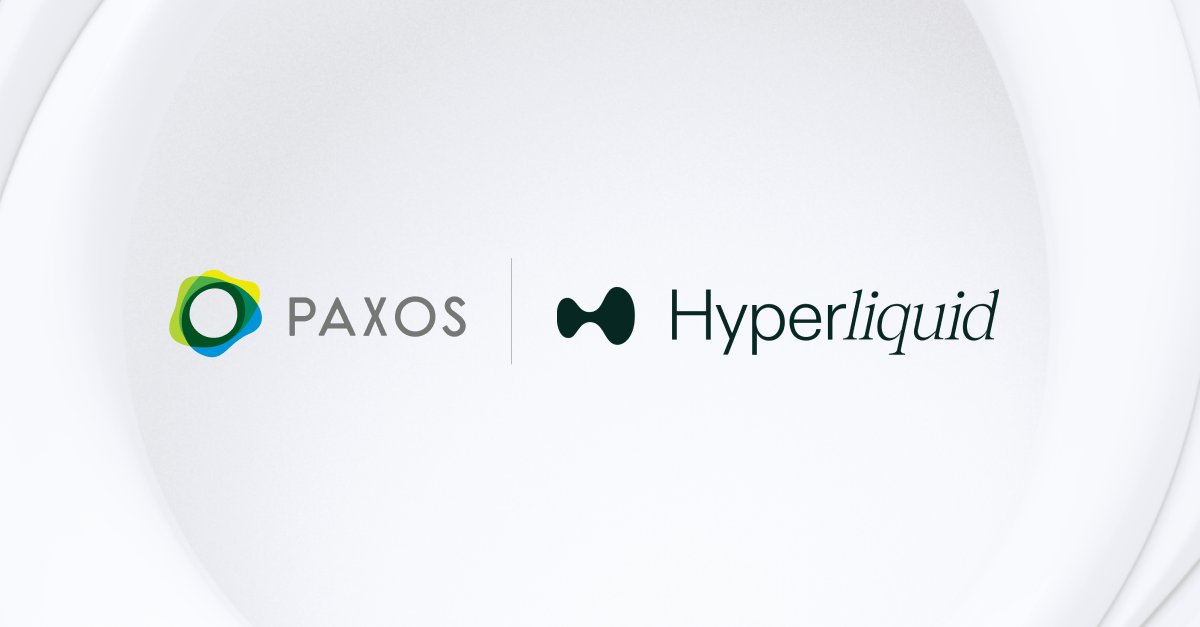Paxos Labs has unveiled an updated proposal for the issuance of the USDH stablecoin, developed by Hyperliquid. This revised proposal emphasizes collaboration with PayPal and integration with Venmo. As the competitive bidding process concludes today, the validator voting is set to commence on September 14.
Paxos Collaborates with PayPal and Venmo
The updated offer aims to integrate USDH into PayPal’s payment infrastructure. Additionally, it outlines support for stablecoins on Venmo and plans to list HYPE coin on the platform. PayPal has also committed to providing a $20 million incentive for the Hyperliquid ecosystem.

Paxos has committed to directing the revenue earned from USDH to Hyperliquid’s growth fund and the Assistance Fund. The revenue share will be capped at 5%, even if total locked assets exceed $5 billion. By incorporating PYUSD as a reserve asset, the proposal aims for compliance and stability.
Paxos also highlighted its alignment with the GENIUS Act, which is currently a topic of discussion in the U.S., and its authorization to issue coins in Europe.
Intense Competition in the Hyperliquid Tender
Paxos seeks to transform Hyperliquid’s infrastructure to provide liquidity not only for individual users but also for institutional markets. Plans involve integration with fintech companies and brokerage firms. The project also includes attracting asset issuers via HIP-3, enhancing DeFi integration through HyperEVM, and incorporating the USDH-based “Earn” product into consumer applications.
The proposal is built upon Paxos’ existing stablecoin infrastructure, already offered to platforms like Stripe, Mastercard, Robinhood, Nubank, Mercado Libre, and Interactive Brokers. This approach aims to establish corporate-scale use cases within the Hyperliquid ecosystem.
Paxos faces competition from Frax Finance, the Agora-Rain-LayerZero partnership, Ethena Labs, and Sky during the bidding process. Frax proposed frxUSD, supported by BlackRock’s BUIDL fund. The Agora, Rain, and LayerZero alliance offered a 100% revenue-sharing scheme. Ethena Labs and Sky also presented separate proposals. The Hyperliquid Foundation stated it would remain neutral in the evaluation process.
